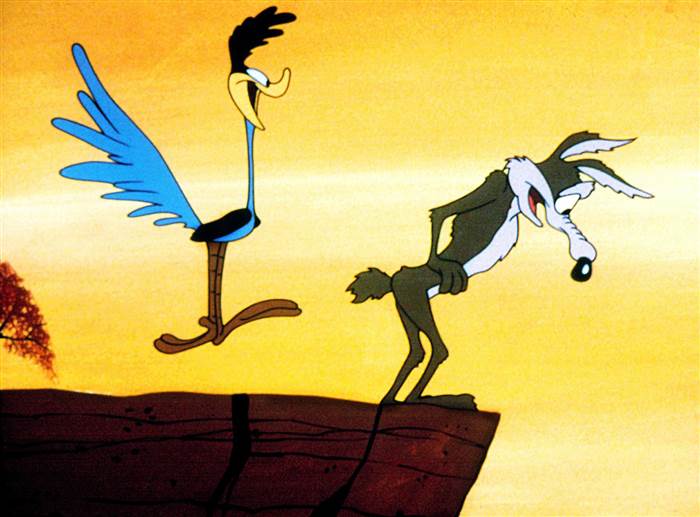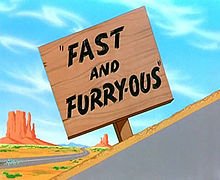Experience of the total is possible, but the expression of the total is not possible. The expression is always partial.
You can feel and realize the total, but the moment you express it, it is only a viewpoint, it is never the total.
If you look through a lover’s eyes, then your experience will be the same as when you look through the knower’s eyes, but the expression will differ.
Those languages are quite contradictory.
For example, knowledge always strives towards one, and love is impossible if there are not two. Love is possible only when there is a duality.
But he cannot speak the language of knowledge, he cannot say that "duality has disappeared".
He can only say that duality has become illusory: “We are two and yet we are not two.”
The twoness remains, but it becomes more and more illusory. Oneness is felt as more real than twoness, but twoness remains.
Love is a poetic approach towards existence, and minds differ.
But he says that if this oneness is simply oneness, just oneness, it is dead. It is an alive oneness, it is an alive, dynamic phenomenon.
It is a constant movement between the two shores
This is a logical approach: “How can you say that oneness exists while two are still there? Either dissolve the two or don’t talk of oneness.
Before a lover’s eyes it behaves like two; it is divided between the lover and the beloved. Before the knower’s eyes it behaves as a particle, one.
There is no real contradiction.









